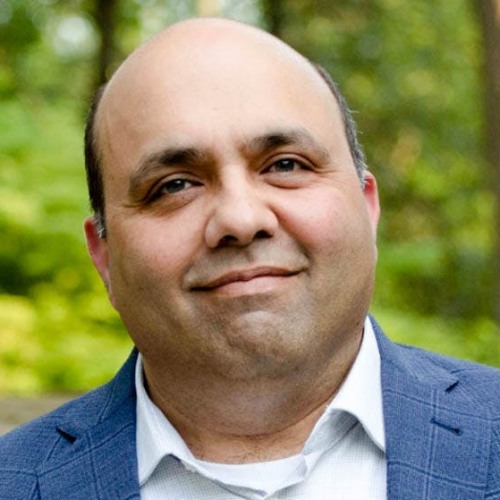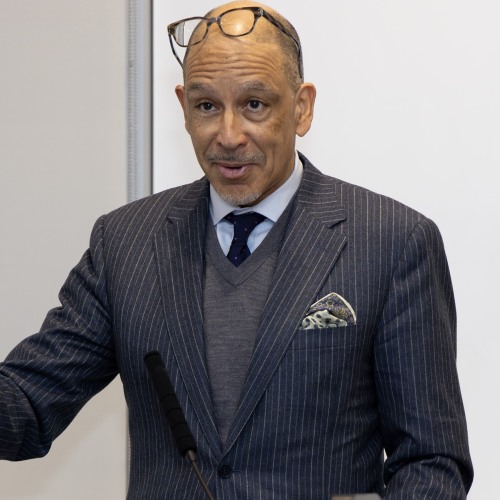Advising
Advisors
Asian Religious Traditions (ART)
-
Jason Protass
Associate Professor of Religious Studies -
Harold Roth
Professor of Religious Studies, Director of the Contemplative Studies Initiative -

Janine Sawada
Professor of Religious Studies and East Asian Studies
Islam, Society and Culture (ISC)
-

Shahzad Bashir
Aga Khan Professor of Islamic Humanities, Professor of History -

Nancy Khalek (She/Her)
Director of Graduate Studies, Associate Professor of Religious Studies
Religion and Critical Thought (RCT)
-

Stephen Bush (he/him)
Chair, Professor of Religious Studies -

Mark Cladis (he/him)
Brooke Russell Astor Professor of Humanities -
-
Paul Nahme
Associate Professor of Judaic Studies and Religious Studies -

Andre C. Willis (he/him)
Associate Professor of Religious Studies
Religions of the Ancient Mediterranean (RAM)
-
Jae H. Han
Assistant Professor of Religious Studies and Judaic Studies, Director of Undergraduate Studies -

Susan Ashbrook Harvey
Willard Prescott and Annie McClelland Smith Professor of History and Religion -

Nancy Khalek (She/Her)
Director of Graduate Studies, Associate Professor of Religious Studies -

Saul Olyan
Samuel Ungerleider Jr. Professor of Judaic Studies and Professor of Religious Studies -
Michael Satlow
Professor of Religious Studies and Judaic Studies
Advising Expectations
Advising relationships are a cornerstone of scholarly development. Every graduate student in Religious Studies will have a designated advisor, who is a primary point of contact, but students are encouraged to seek advising from more than just one person.
Advisory Plan Deadline
The AY2023-2024 deadline to submit advisory plans to advisors is April 24th, 2024. If you have questions about the process, please reach out to Nicole Vadnais or Prof. Paul Nahme.
Students will have a pre-dissertation advisor and a dissertation advisor, who may be the same person, but not necessarily. Although rare, changing graduate advisors is possible through conversation with and by petition to the DGS. The graduate advisor-student relationship is governed by mutual expectations and responsibilities. No two advising relationships will look the same due to differences in both faculty and students.
Nonetheless, a baseline of professional and collegial conduct should be observed as follows:
Student Expectations
- Respect and abide by the Brown Academic Code;
- Embrace and facilitate an environment of inclusion, respect, and generosity in the Department and University;
- Familiarize yourself with and adhere to the Departmental Ph.D. program guidelines as outlined in the RS Departmental Graduate handbook;
- Make sufficient annual progress in the program, whether regarding coursework, teaching, preliminary exam preparation, prospectus, research and writing, and producing the dissertation in a timely manner;
- Take the lead in establishing an understanding with their advisor about their progress in the program each year;
- Meet with advisor (at least annually) to discuss one's Advisory Plan;
- Solicit and be responsive to the advisor's communications about and input on course selection, intellectual directions, knowledge of the field, preliminary exam preparation and dissertation writing and research;
- Make requests for letters of support well in advance of the deadline, and include accompanying materials as early as possible (four weeks is ideal).
Download the Advisory Plan here.
Graduate Advisor Expectations
- Act with the highest level of integrity and according to the best practices of the profession;
- Embrace and facilitate an environment of inclusion, respect, and generosity in the Department and University;
- Remain informed as to the program's structure, requirements, and deadlines, and be in conversation with the student about such dates;
- Remain in regular contact regarding academic progress throughout the student's program;
- Meet with advisee at least once per semester to discuss the progress through the program;
- Meet advisee at least once per year (early in the spring) to discuss their Individual Development Plan;
- Provide substantive written feedback on the student's progress through the program (subsequent to meeting with the student about the Advisory Plan) at least once per year;
- Help identify opportunities that contribute to their professional development;
- Produce timely feedback on submitted writing (within four weeks is the standard turnaround time for essays and dissertation chapters unless the student and advisor discuss and agree on a different time frame);
- Write letters of recommendation and support in a timely manner;
- Continue their responsibilities to their advisees even while on leave and during the summers, within reasonable parameters;
- Clearly inform the advisee and DGS if they are no longer able to discharge any of these duties.
Additionally, graduate advisors should familiarize themselves with the Graduate School's Advising and Mentoring Resources for Faculty site, along with its recommended Best Practices for Faculty Advising.